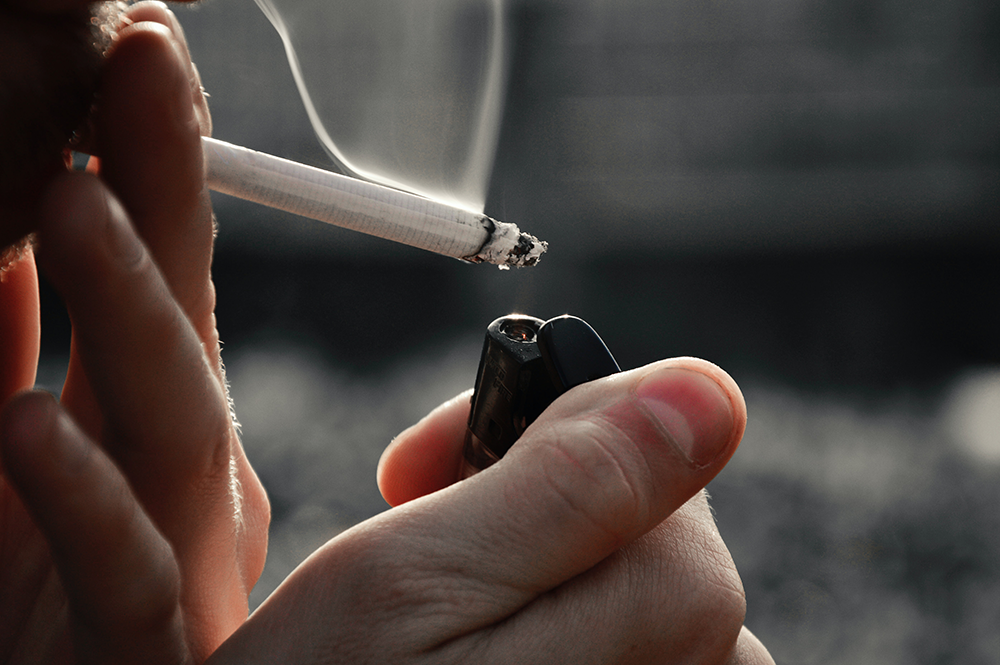
Prior to having weight loss surgery, you will need to quit tobacco use if you are a smoker. Before and after bariatric surgery, tobacco use can increase your overall surgical risk, affect the healing process, and lead to serious health concerns.
In general, smoking after bariatric surgery has a 30% increased risk of complications. Similarly, long-term smoking can decrease your ability to lose weight and increase the risk of future complications such as ulcers, blood clots, and pulmonary complications.
If you are a smoker and have ever tried to quit before, you know that the urges to smoke can be difficult to overcome. Before your bariatric procedure, you must quit smoking. Failure to do so may result in your surgeon canceling your surgery, or worse, serious health complications after your procedure.
As a bariatric surgeon, I speak with many patients about breaking their habit of smoking and have compiled a list of the top tips to help you quit tobacco. The first step to breaking any habit, though, is to have the desire to quit. If you feel forced to quit and look at it as a temporary solution, you will likely not be committed long term.
Weight loss surgery is known to increase your overall life expectancy by about 10 to 15 years, while smokers, on average, die ten years earlier than nonsmokers. Similarly, studies have found that nonsmokers have better success rates and fewer complications post-operatively than individuals who smoke after bariatric surgery.
As you begin the journey to a healthier you, think about why you choose to lead a healthier life and follow these tips to quit your tobacco habit for good.
- Throw away any boxes of cigarettes and ashtrays lying around.
- Find oral substitutes that can satisfy the urge to have something in your mouth, such as gum, straws, carrot sticks, and toothpicks.
- Set a goal as to why you are quitting and establish a date for when you will start.
- Make sure you have support. The more people who know you are trying to quit smoking, the more accountable you will be.
- Be prepared to distract yourself or to avoid circumstances in which you are will be tempted to smoke.
- Try smoking cessation medications, but consult with a physician first to find out which one is best for you.
- Understand that tobacco addiction is challenging to overcome, and most people will relapse. However, relapsing is not an excuse to quit. Learn from your mistakes and start again.
If you are committed to losing weight to live a healthier life, we urge you to commit to quitting smoking after bariatric surgery to reap all the benefits that come with breaking this bad habit.











